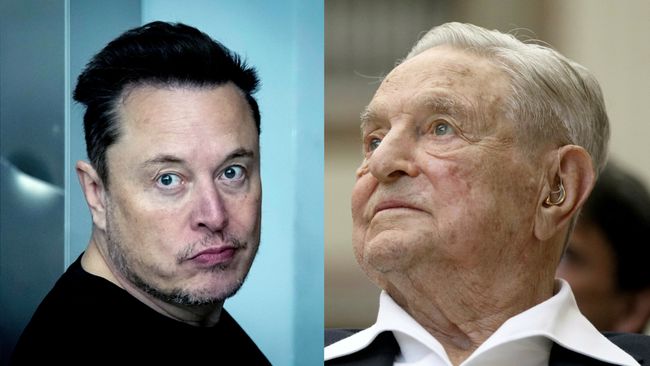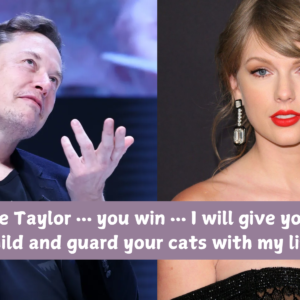Elon Musk vs. George Soros: A Feud of Ideologies and Influence
In a striking and controversial statement, Elon Musk, the billionaire entrepreneur known for his bold and often polarizing opinions, has publicly likened George Soros to Magneto, the infamous Marvel villain. This comparison is not just a passing remark; it reflects Musk’s deep-seated criticisms of Soros’s political influence and perceived manipulation of societal structures. Musk’s comments have ignited a firestorm of debate, as the feud between these two titans of influence extends far beyond business interests, delving into ideological, personal, and global realms.

The Clash of Titans
Elon Musk, founder of Tesla and SpaceX, has long been a figure who thrives in the spotlight. He is renowned for his innovations and visionary projects, as well as for his unapologetic views on various societal issues. In contrast, George Soros, a prominent financier and philanthropist, has garnered significant attention for his extensive political contributions and advocacy for progressive causes worldwide. While Musk has focused on revolutionizing technology and space travel, Soros has concentrated his efforts on influencing public policy and promoting democracy through his Open Society Foundations.
Musk’s Accusations
Musk’s criticism of Soros goes beyond mere political disagreement. He has accused Soros of harboring a “hatred for humanity” and manipulating societal structures through his wealth and influence. According to Musk, Soros has developed a unique capacity to alter the enforcement of laws, effectively shifting the very fabric of society without the need for direct legislative changes. This perspective paints Soros as a shadowy figure who operates behind the scenes, wielding power that many believe is disproportionate to any individual’s influence.
The Broader Implications
This feud has implications that extend far beyond the personal animosity between the two men. It taps into broader societal debates about the role of wealth in politics and the influence of billionaires in shaping public policy. Musk’s accusations against Soros echo a growing concern among some groups that powerful individuals can wield their financial resources to sway political outcomes and societal norms to their advantage.
“August 2020, $78 million. This is how much George Soros spent on politics in one year alone. $78 million. You think that’s influencing an election?
“How about this? 2022, Soros pumped $128 million into Democratic efforts to preserve majorities. Uh oh, uh oh, that’s election interference. No, he’s for Democrats, it’s not election interference. It’s only election interference when they’re for conservatives.”
Public Reaction
Musk’s remarks have sparked a mixed response from the public and commentators alike. Supporters of Musk praise him for speaking out against what they see as the undue influence of wealthy elites like Soros, while critics argue that his comparisons are inflammatory and oversimplify complex issues. The invocation of a Marvel villain has also brought the discussion into pop culture, drawing in a younger audience that may not be as familiar with the intricate details of political influence.
Conclusion
The feud between Elon Musk and George Soros encapsulates the collision of two powerful forces in today’s society. As Musk continues to challenge the status quo and advocate for his vision of the future, Soros remains a significant player in the political arena, working to effect change through his philanthropic efforts. The comparison to Magneto serves as a provocative reminder of the ways in which wealth and influence can shape our world, and it raises important questions about accountability, ethics, and the balance of power in a democracy. As this confrontation unfolds, it is likely to spur ongoing discussions about the impact of billionaires on society and the complexities of their motives.



